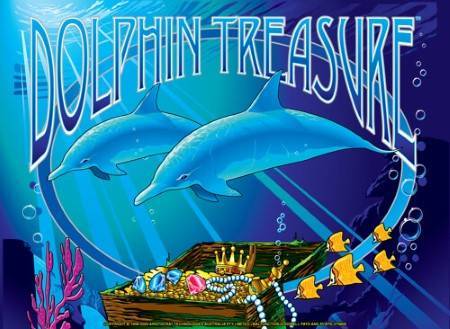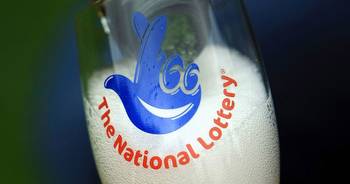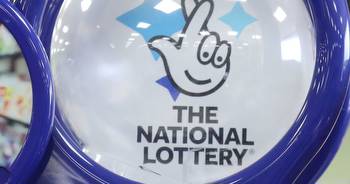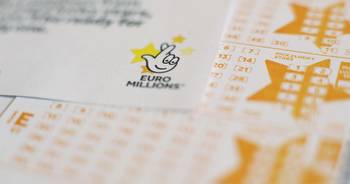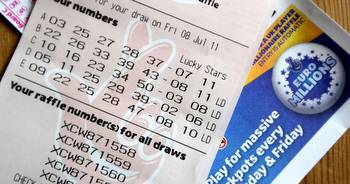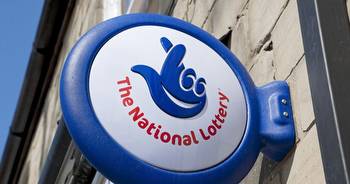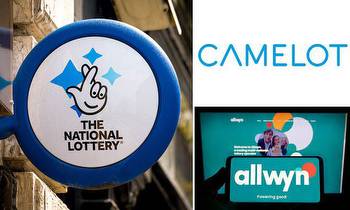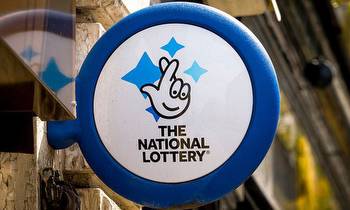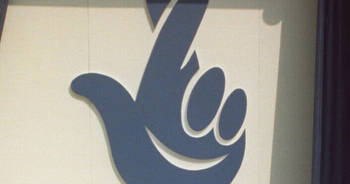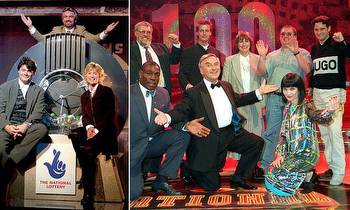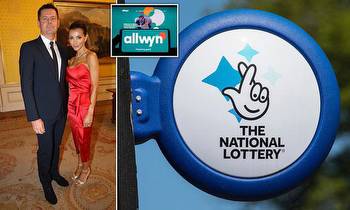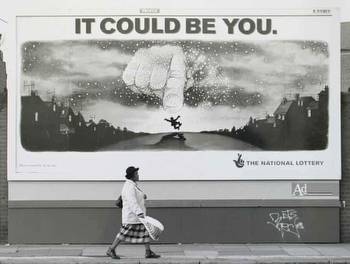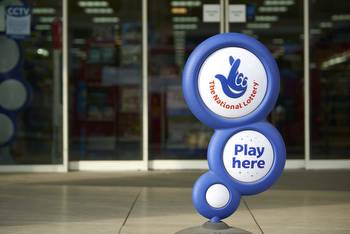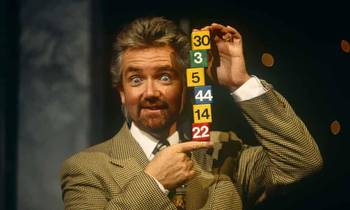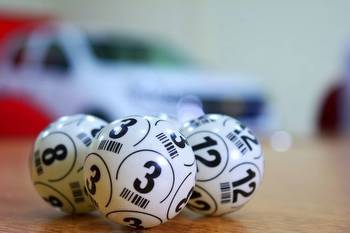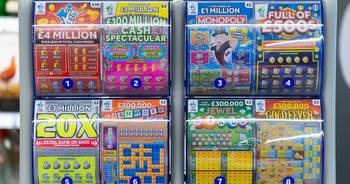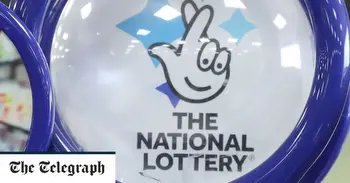Jackpot! National Lottery firm Camelot hires dozens of former BBC executives into top roles

Dozens of former BBC executives have hit the jackpot by landing jobs with National Lottery operator Camelot, The Mail on Sunday can reveal.
Our analysis has found that at least 24 employees went on to take up positions with Camelot after leaving the Corporation. And a further five Camelot employees have travelled through the revolving door in the opposite direction and taken jobs at the BBC.
Both organisations have attracted their share of controversy for their impact on British life – and for 23 years following its 1994 launch, the BBC carried the National Lottery draws live.
The most high-profile figure to move between the two bodies is Andy Duncan. Formerly the BBC’s head of marketing, he became Camelot’s chief executive in 2014.
He left the company in 2017 and last month it was revealed that he had been awarded a £1.8 million bonus under a long-term incentive scheme.
Other senior current Camelot executives who previously worked at the BBC include Rachel King, the group human resources director, and Campbell Cowie, Camelot’s head of regulatory affairs.
Tory MP Andrew Bridgen said: ‘These executives must think they have hit the jackpot by picking up big salaries at these monolithic institutions.’
Camelot has come under increasing scrutiny from MPs as it battles to renew its contract to run the Lotto, which expires in 2023. Politicians are especially concerned about the proportion of its revenues which it gives to good causes.
The company’s profits have soared from £29 million in 2010 to £78 million in 2020, thanks in part to more emphasis on scratchcards and instant-win games online.
An average of 10p in every pound spent on scratchcards goes to charities, compared with 30p in the pound from draw-based game.
MPs also fear the move towards app-based games risks worsening problem gambling. Sir Iain Duncan Smith, vice-chairman of the all-party parliamentary group on gambling-related harm, has called for a ‘proper and full review on what Camelot’s purpose is’.
MPs have also called for the lottery to be run from the North of England as part of Boris Johnson’s ‘levelling-up’ agenda. The BBC is also under pressure over allegations of Left-wing bias in its news output, while the future of the licence fee is in question after the current Royal Charter ends in 2027.
A Camelot spokesman said last night: ‘The BBC is a significant UK employer, as is Camelot – we currently employ over 900 people and the BBC employs tens of thousands. We don’t believe that having such a small number of people who have worked for both organisations – many in junior and short-term roles – at some point over the last 27 years is unusual at all.’
A BBC spokesman declined to comment last night.







